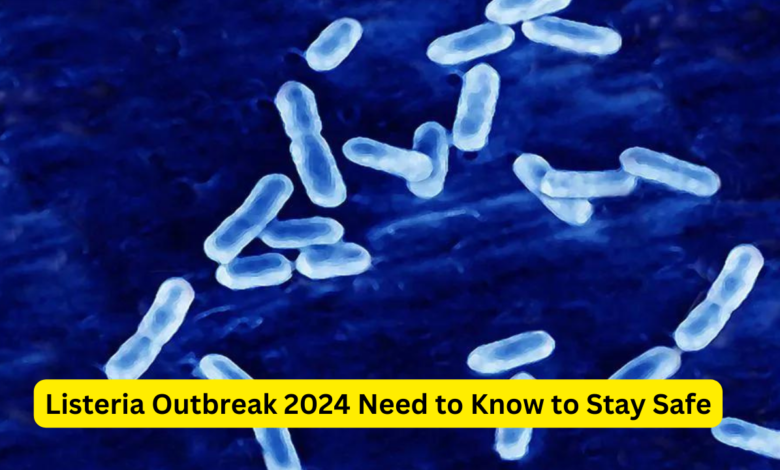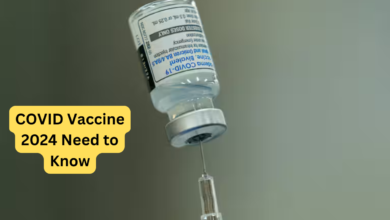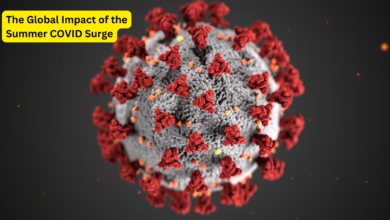Listeria Outbreak 2024 Need to Know to Stay Safe

The Listeria outbreak 2024 has captured global attention due to its widespread impact on public health. This comprehensive guide aims to provide detailed insights into the outbreak, its causes, symptoms, prevention, and the measures being taken to control its spread.
What is Listeria?
Listeria is a type of bacteria found in soil, water, and some animals. It can contaminate food and cause listeriosis, a serious infection particularly dangerous to pregnant women, newborns, elderly individuals, and those with weakened immune systems.
Causes of the Listeria Outbreak 2024
The Listeria outbreak 2024 has been traced back to contaminated food products. The primary sources identified include:
- Dairy Products: Unpasteurized milk and cheese.
- Ready-to-Eat Meats: Hot dogs, deli meats, and pâtés.
- Fruits and Vegetables: Contaminated through soil or water.
Symptoms of Listeriosis
The symptoms of listeriosis can vary but commonly include:
- Fever and Muscle Aches: Often accompanied by chills.
- Nausea and Diarrhea: Gastrointestinal distress is common.
- Headache and Stiff Neck: Severe cases may involve meningitis.
- Confusion and Loss of Balance: Particularly in severe infections.
Impact on Vulnerable Populations
Pregnant Women
Pregnant women are at a higher risk of listeriosis. The infection can lead to severe consequences including:
- Miscarriage: In the early stages of pregnancy.
- Stillbirth: In later stages.
- Preterm Labor: Leading to premature birth.
- Neonatal Infection: Newborns can be infected during childbirth.
Elderly and Immunocompromised Individuals
Elderly individuals and those with weakened immune systems are more susceptible to severe forms of listeriosis, which can lead to:
- Sepsis: A life-threatening response to infection.
- Meningitis: Inflammation of the brain and spinal cord membranes.
- Encephalitis: Brain inflammation.
Preventive Measures
Preventing listeriosis involves several key practices:
Food Handling and Preparation
- Wash Fruits and Vegetables: Thoroughly rinse under running water.
- Cook Foods Thoroughly: Ensure meats are cooked to the right temperatures.
- Avoid Unpasteurized Dairy Products: Only consume pasteurized milk and cheeses.
Hygiene Practices
- Clean Kitchen Surfaces: Regularly disinfect cutting boards, knives, and countertops.
- Separate Raw and Cooked Foods: Use separate utensils and cutting boards.
Refrigeration
- Proper Storage: Keep raw meat and poultry separate from other foods.
- Maintain Cold Temperatures: Refrigerate leftovers promptly and keep the fridge at 40°F (4°C) or below.
Current Control Measures
Authorities have implemented various control measures to contain the Listeria outbreak 2024:
- Product Recalls: Contaminated food products have been recalled.
- Public Health Warnings: Issued to inform the public about potential risks.
- Inspection and Monitoring: Increased inspections of food processing plants.
Conclusion
The Listeria outbreak 2024 serves as a critical reminder of the importance of food safety and proper hygiene practices. By understanding the causes, symptoms, and preventive measures, we can better protect ourselves and our loved ones from this serious infection. Stay informed and vigilant to ensure a healthy and safe environment.




